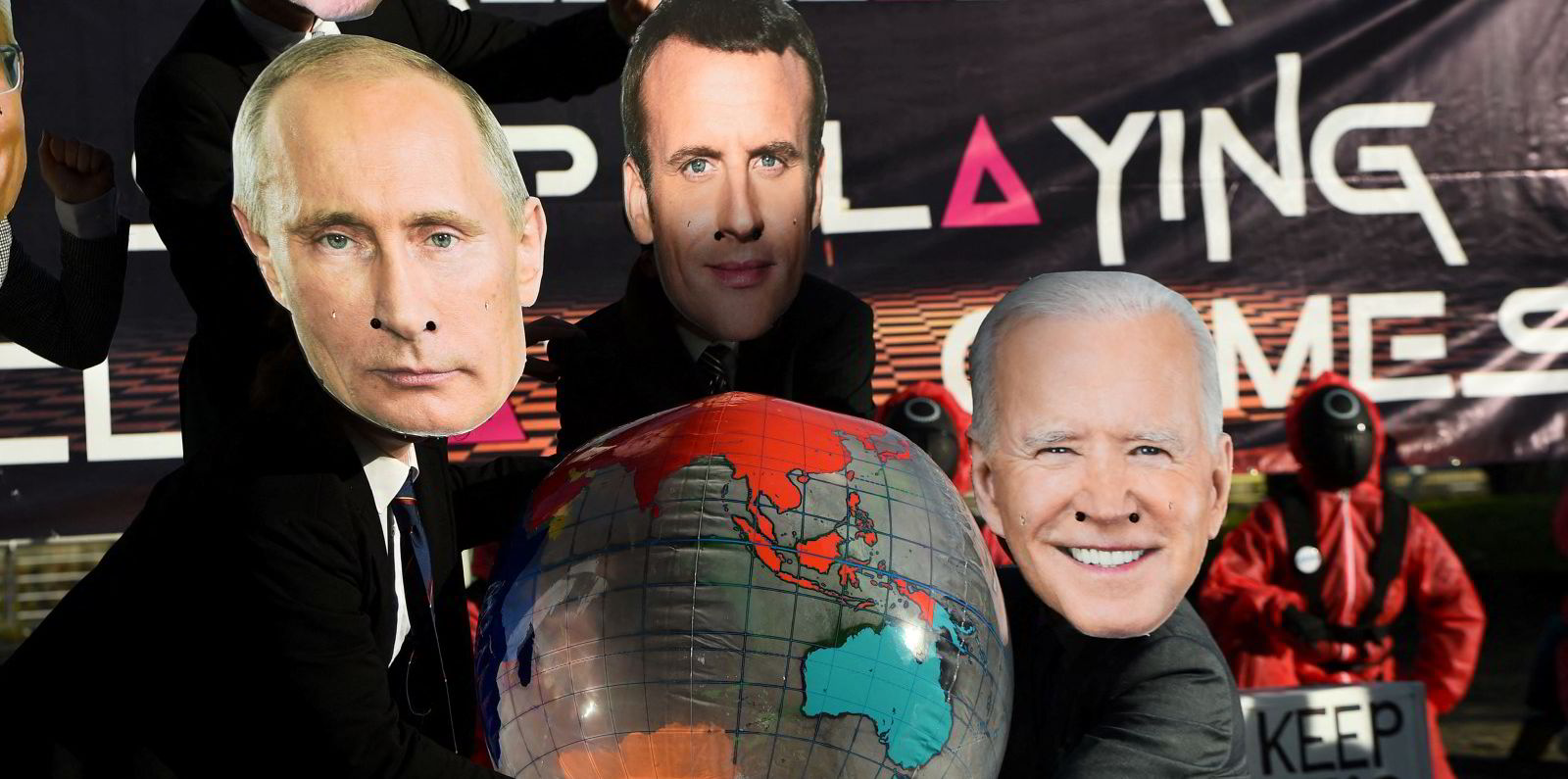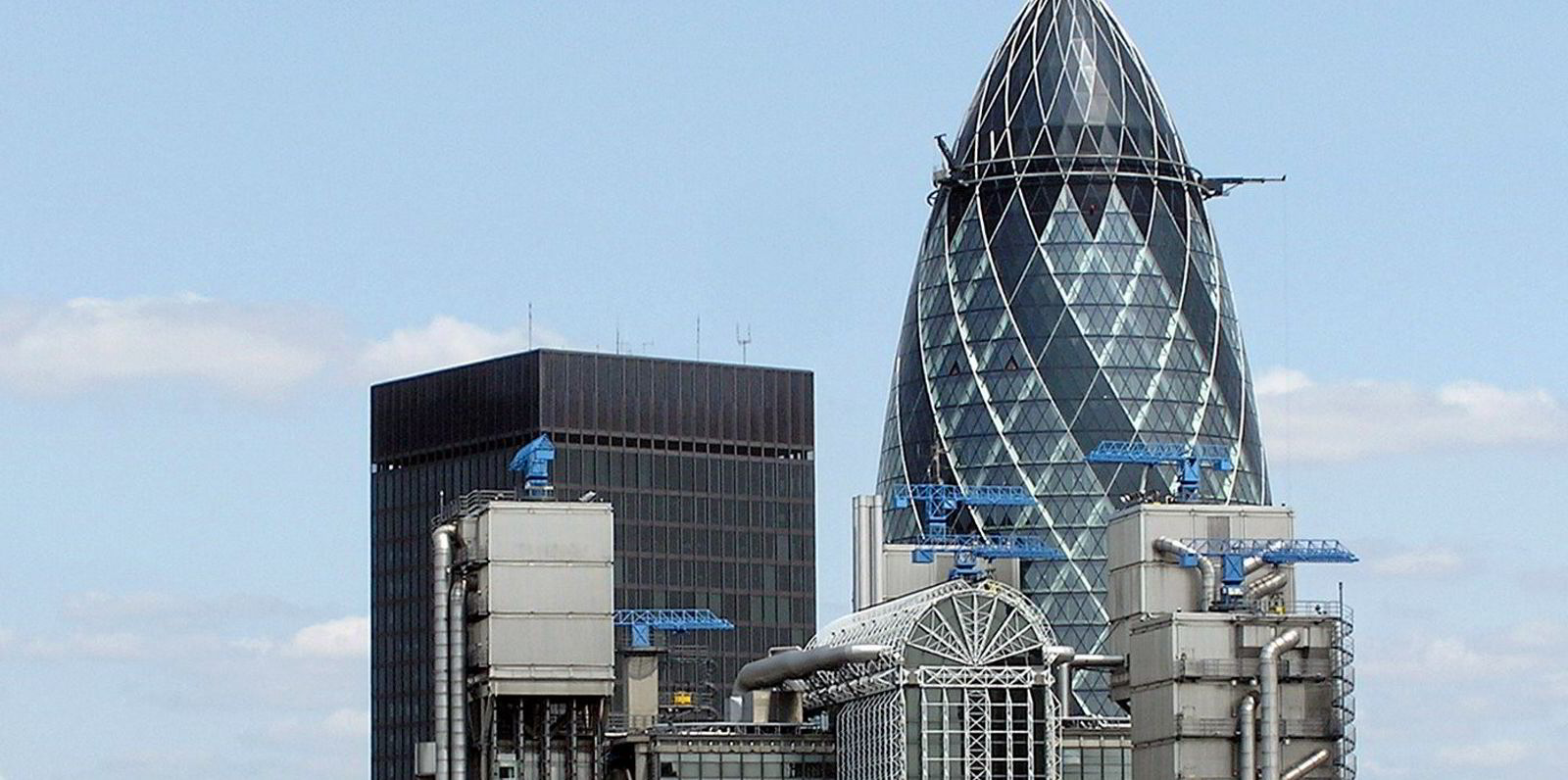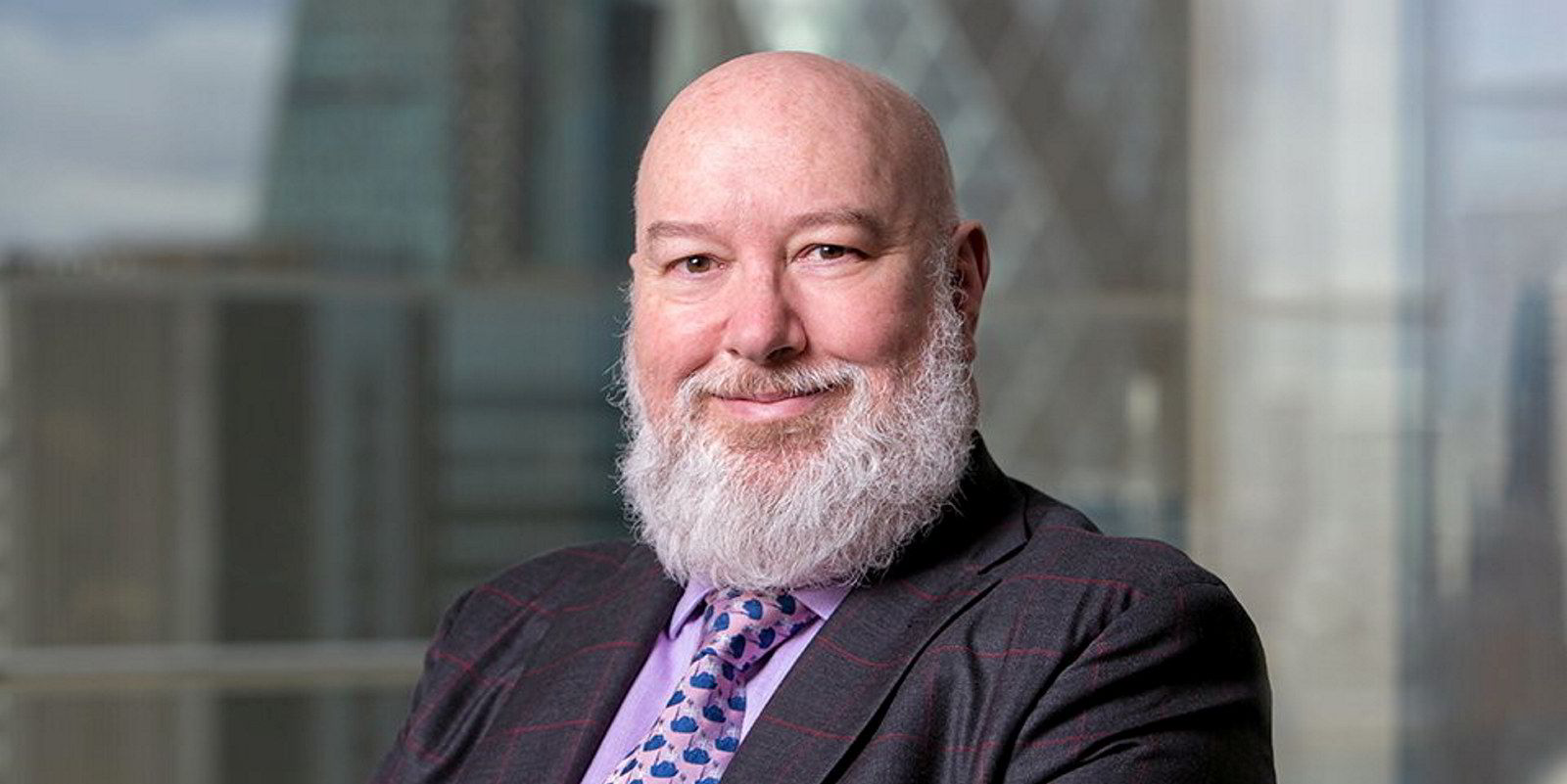Nickel trading was suspended in London, oil reached $130 per barrel in New York and gas prices are through the roof in Europe. Carbon prices have collapsed, Ukraine ports are closed, the crewing market is rattled, marine insurance costs have risen, tanker rates gyrate and sanctions change every other day.
Equity prices have slumped, initial public offerings have been postponed and Bimco warns that all shipping growth targets need to be put back.
This is a wider economic fear that trade disruption and rising costs could lead to a global recession. All this is because one country has sent tanks into Ukraine.
The world’s biggest exporter of natural gas is already threatening to close the key Nord Stream pipeline from Siberia to Europe, which would make energy prices rise even more.
Russia is also a major producer of coal, platinum, nickel, palladium and fertiliser.
Food markets, like European domestic energy markets, are being hit by soaring costs. Russia and Ukraine together export nearly one-third of all global wheat and 18% of all corn.
Rocketing diesel prices have raised overheads for transport, not least shipping, while commodities such as nickel and palladium are needed by the car industry and renewables sector. Could this crisis also lead to action on global climate being delayed?
One hopes not, but no doubt it will be only a matter of time before someone campaigns for a delay in shipping’s introduction to Europe’s Emissions Trading System (ETS), where the price of permits has plummeted.
Leading figures in Brussels are arguing that renewables and decarbonisation should be fast-forwarded to escape dependence on Russia.
Others — including some leading British politicians — are saying more, not less, oil and gas must be produced in the North Sea. Even a comeback for carbon-heavy coal is being discussed as a stopgap to reduce the use of gas in European power stations.
The US, with its domestic oil and gas production, is partly insulated from the higher energy prices of Europe. This should mean the US will enjoy a competitive advantage in manufacturing, although there could be increased competition for land needed to grow agricultural products versus that needed for biofuels.
Some shipowners, operators and charterers may look to make a quick buck out of the crisis, but most maritime figures feel a moral outrage at the shelling of innocent civilians and threats to use nuclear weapons that transcends the profit motive.
Vladimir Putin has certainly underestimated the strength of Ukraine’s military and civil resistance — and the revulsion for his brutal invasion felt in Europe, the US and beyond, including in parts of Russia itself.
Vladimir Putin has certainly underestimated the strength of Ukraine’s military and civil resistance — and the revulsion for his brutal invasion felt in Europe, the US and beyond
Putin has done something positive among the terrible humanitarian crisis he has created for the people of Ukraine. He has reunited a democratic West previously fragmented by the new national populists such as Trump, Johnson and Orban.
The other advantage Putin has built for the West is changing the world trading map so thoroughly that the US can open talks about new oil supplies with Venezuela, which it previously regarded as a pariah state.
The next step would clearly be for President Joe Biden to bring Tehran in from the cold and restart oil exports from Iran by tying up a new nuclear deal with his counterpart, Ebrahim Raisi. In the meantime, we can surely expect Opec to increase its output.
We still have not heard much from China or India about their attitude to the Ukraine invasion, but that’s maybe unsurprising, given the antipathy between Beijing and Washington.
If China did start to import more Russian oil, gas and other commodities, it would rile the West but provide some kind of balance to world markets, as it would free up supplies from elsewhere to move to Western countries.
In the meantime, some people are still fixing ships with Russian oil and gas, not knowing whether they will be paid or find themselves subject to sanctions. British dockers have already taken action into their own hands and refused to unload Russian cargoes even before a formal ban on Russian ships came into effect.
They are right. However painful, we should prioritise action against tanks over trade.





